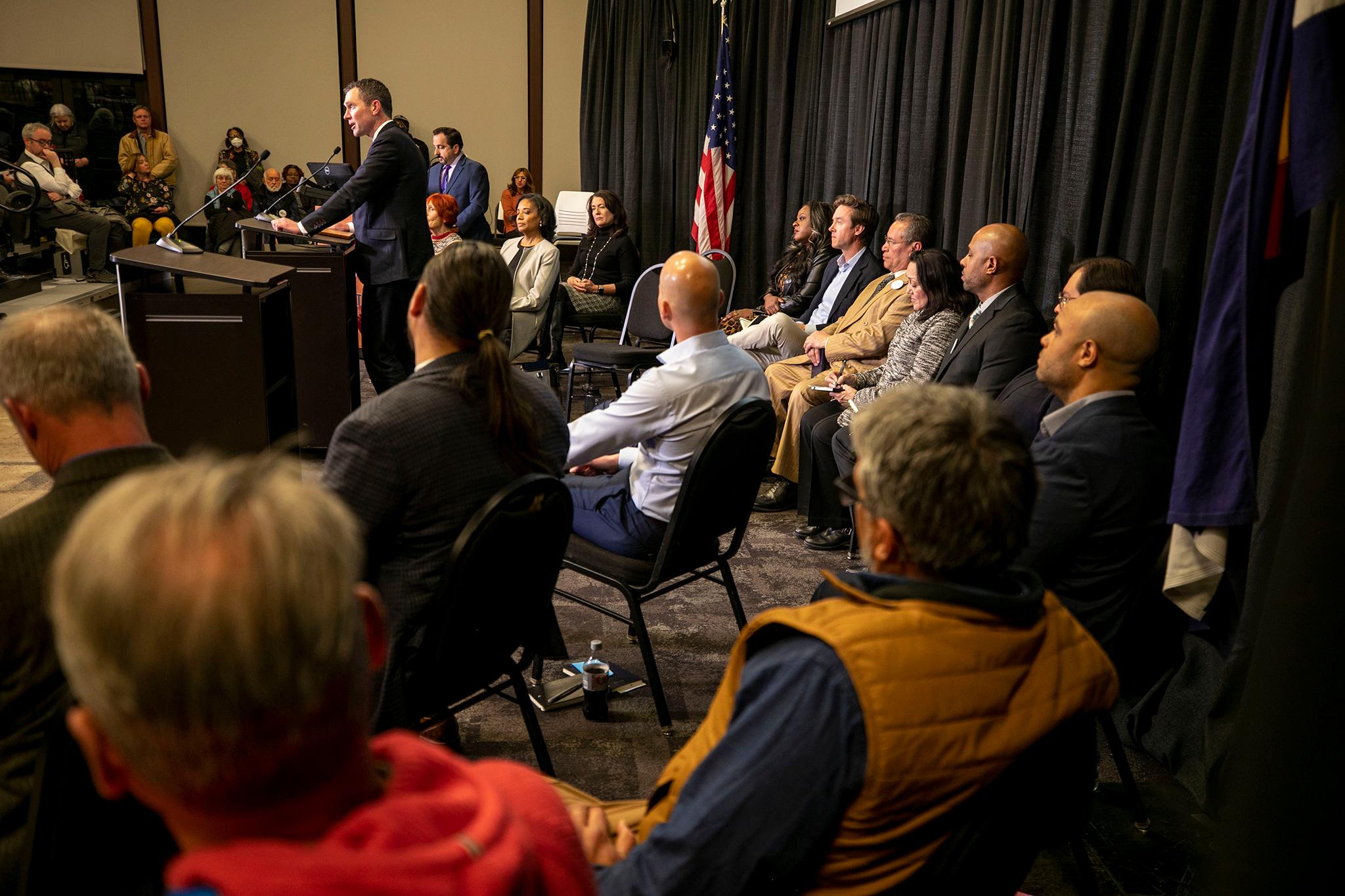In 2018, Denver voters approved new campaign finance rules and the creation of the Fair Elections Fund (FEF), new kind of publicly financed campaign funding system meant to give regular people a stronger voice in politics.
This is the first election cycle where the FEF is in use, so if there's any confusion about it, here's a brief overview about how it works and how its implementation has gone so far.
So what does the Fair Elections Fund do?
The city set aside $8 million in FEF funds to help regular people rise to a competitive level in municipal races.
Participating candidates who opt in get nine-to-one matches on small, local contributions of $50 or less. The rules also limit how much they can receive from any one entity. They are also barred from accepting contributions from political action committees (PACs) and contributions from corporations.
As of late February, 47 of the 58 candidates that made the April 4 ballot, across all races, have signed up for the Fund. Together, they've collected more than $5 million in taxpayer dollars to help them in their races and have spent at least $700,000.
How has it worked out so far?
2023 is the FEF's guinea pig year, so things haven't been completely smooth.
For example, there were some issues with finance filing deadlines that were made more complicated by another recent change in our election scheduling, so the city moved some deadlines around. Candidates have expressed frustration over some of these logistical changes. Also, candidates were originally supposed to attend two city-sponsored debates to keep their FEF money, but dropped it to just one after they realized it was difficult to find groups to host such events.
Meanwhile, the system has kind of flipped Denver's municipal election process on its head. For one thing, candidates got their balls rolling earlier than usual, since the FEF requires a lot of small donations and, last year, nobody was sure if there'd even be enough money to match every qualifying contribution. For what it's worth, Denver Elections thinks they won't run out this time.
The FEF also changed some power dynamics. Voters told us they felt like their contributions really mattered this year, thanks to the big matches, and candidates said suddenly they felt empowered to seek support from regular people, instead of courting bankrolled funds or companies.
What happens to unspent money?
That's a good question, and several of you have asked. It is your money after all. Candidates have to give extra money back to the fund, whatever they haven't spent as of the moment they officially withdraw or election day itself.
This program looks like it's here to stay. Feel free to email us at [email protected] if you have any more questions.












